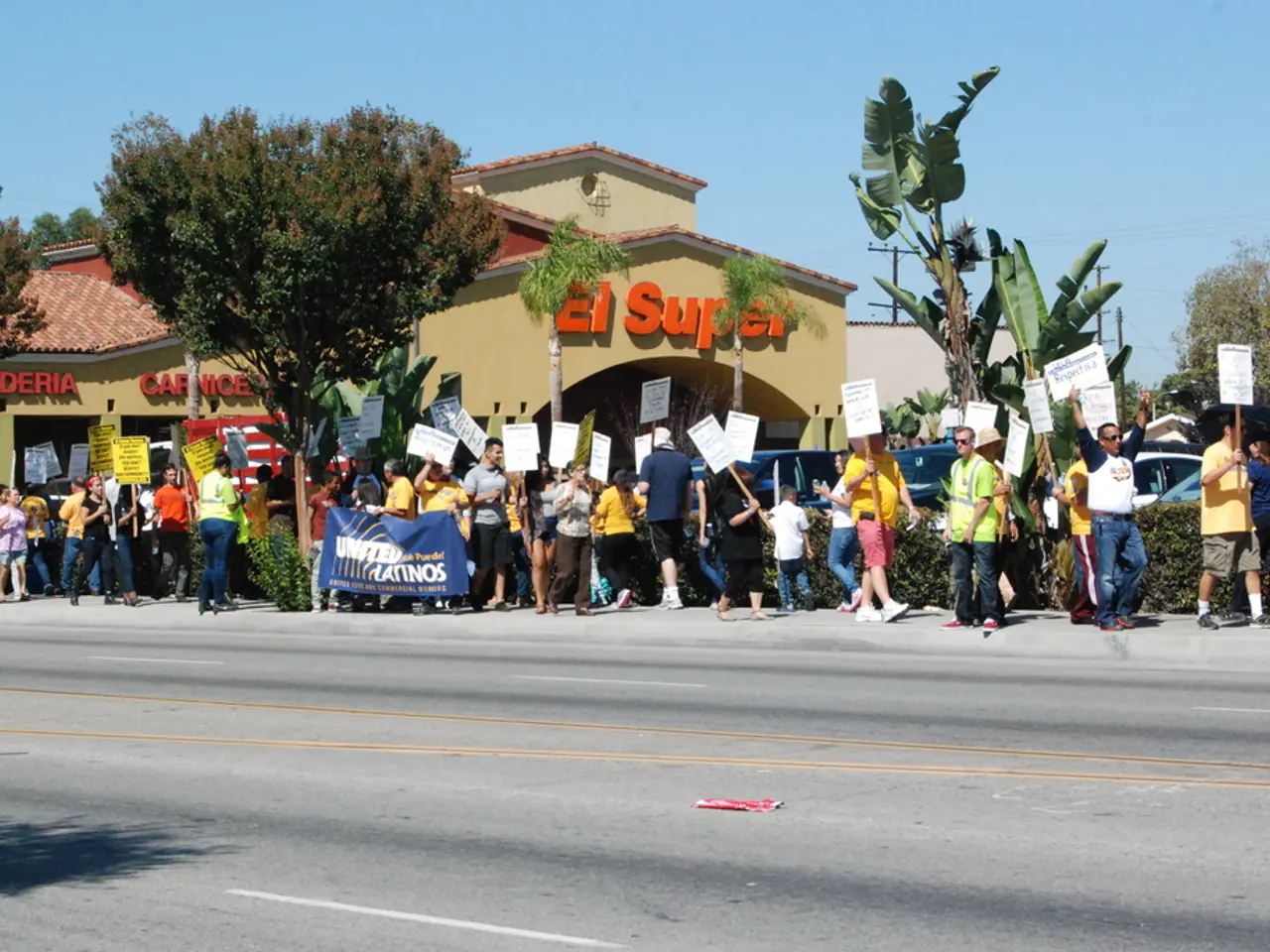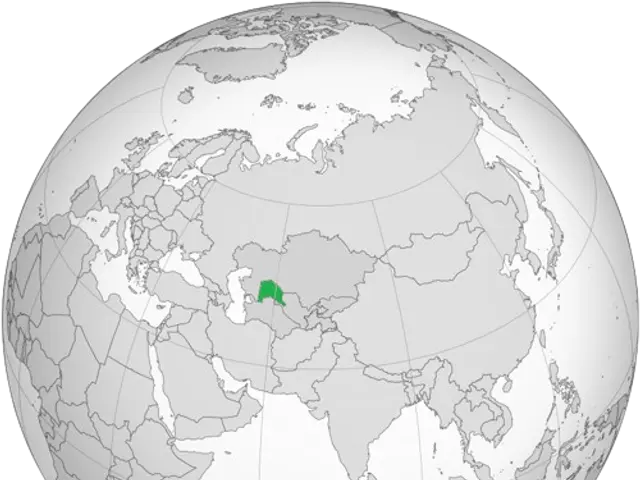EU Member States cast their decisions
The European Parliament, a platform where politicians from all EU countries gather to decide on European policy, has witnessed significant shifts in its composition following the recent European elections. Held every five years, these elections are crucial for electing members who advise on laws that should apply in all EU countries, such as environmental protection.
First held in 1979, this year's election saw a number of far-right groups making gains, including in Germany, where far-right parties advocate for unequal rights and have been known for their violent actions against minorities, foreigners, or people with disabilities.
One of the major winners of the election was the CDU and CSU in Germany, who belong to the EPP group in the European Parliament. The EPP group, which is composed of politicians from the same party across various countries, has emerged as the largest group in the European Parliament, winning the election in many other countries.
This shift towards the far-right has raised concerns in several EU member states. French President Emmanuel Macron, for instance, has announced new elections in France, scheduled for June 30th, in response to the far-right parties' wins in the European election.
The winners of the European election in France, Austria, and Italy include parties that are critical of many aspects of the EU and hold partly far-right views. These parties, such as the French Rassemblement National (RN), Austria's Freedom Party (FPÖ), and Italy's Lega (League), are Eurosceptic and have been described as right-wing to far-right in their political orientation.
However, not all results were in favour of the far-right. Despite the Social Democrats not performing well in Germany, they did well in other countries, such as Poland, and will not lose many seats in the European Parliament. The Greens, too, lost votes across all participating countries, indicating a shift away from environmental concerns in some EU member states.
As the European Parliament meets in the cities of Brussels and Strasbourg, these elections have set the stage for intense policy debates and potential changes in the future direction of the EU. The composition of the European Parliament will undoubtedly influence the decisions made on issues ranging from environmental protection to immigration policies.
As we move forward, it is crucial to monitor these developments closely and ensure that the values of equality, diversity, and inclusivity continue to be upheld in the EU. The European elections serve as a barometer for public sentiment and a means to shape the future of the EU.
Read also:
- United States tariffs pose a threat to India, necessitating the recruitment of adept negotiators or strategists, similar to those who had influenced Trump's decisions.
- Weekly happenings in the German Federal Parliament (Bundestag)
- Southwest region's most popular posts, accompanied by an inquiry:
- Discussion between Putin and Trump in Alaska could potentially overshadow Ukraine's concerns








